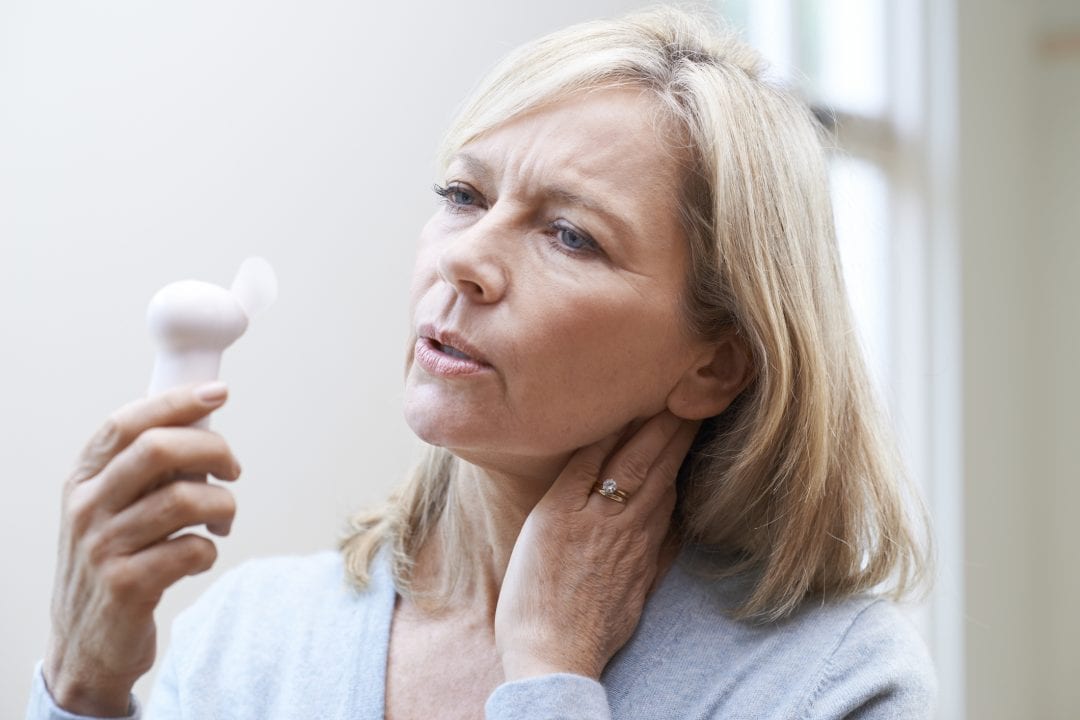Data published in Phytotherapy Research indicated that 400 mg per day of a Milk thistle (Silybum marianum (L.)) extract for 12 weeks led to statistically less frequent and less severe hot flashes.
The study authors claim that this is the first randomized clinical trial to investigate the potential effects of S. marianum as a single herbal preparation on hot flashes.
“Given the negative impact of menopause and hot flashes on women’s lives and the side effects of standard treatment, and considering worldwide availability and low price of this herbal remedy, further studies with different dosages and duration to conclude about the effects can be valuable,” wrote scientists from Babol University of Medical Sciences in Iran.
Milk thistle
According to the recent report from the American Botanical Council, 2018 sales of Milk thistle were $16.6 million in US mainstream multi-outlet channel and $10.4 million (Herbalgram 123).
The herb is number 20 and number 8 for sales in those respective channels.
The active component is silymarin, which itself is a complex of other components, including silibinin, isosilibinin, and also other flavonolignants, has been studies for a range of activities, but most commonly to support liver health.
According to the Iranian scientists behind the new study, silibinin may have an agonistic effect on estrogen receptors.
“Given the negative effects of menopausal symptoms and especially hot flashes on women’s activities and quality of life (QOL), the present study aimed to evaluate the effectiveness of S. marianum in women experiencing hot flashes in menopause,” they explained.
Study details
Eighty menopausal women were recruited to participate in the randomized, double‐blind placebo‐controlled trial. The women were equally divided into two groups: One group received placebo and the other received an S. marianum.
The results showed that women in the milk thistle group experienced significant reductions in the frequency of hot flashes from 4.3 per day to 1.3 per day after 12 weeks.
In addition, the severity was found to decrease from 5.25 to 1.62 after 12 weeks, and both of these results were significantly better than placebo, said the researchers.
“Significant decreases in [Greene Climacteric Scale (GCS) and the Hot Flash Related Daily Interference Scale (HFRDIS)] scores were also detected in S. marianum group compared with placebo after 4, 8 and 12 weeks,” they added.
HFRDIS was used to measure QOL and “daily activities.”
“Considering the safety and high consumption of this herbal medicine worldwide, its use in women with menopausal symptoms can be helpful,” they concluded.
Source: Phytotherapy Research
Published online ahead of print, doi: 10.1002/ptr.6789
“Evaluation of the effect of Silybum marianum extract on menopausal symptoms: A randomized, double‐blind placebo‐controlled trial”
Authors: Z. Saberi et al.
This content was originally published here.







